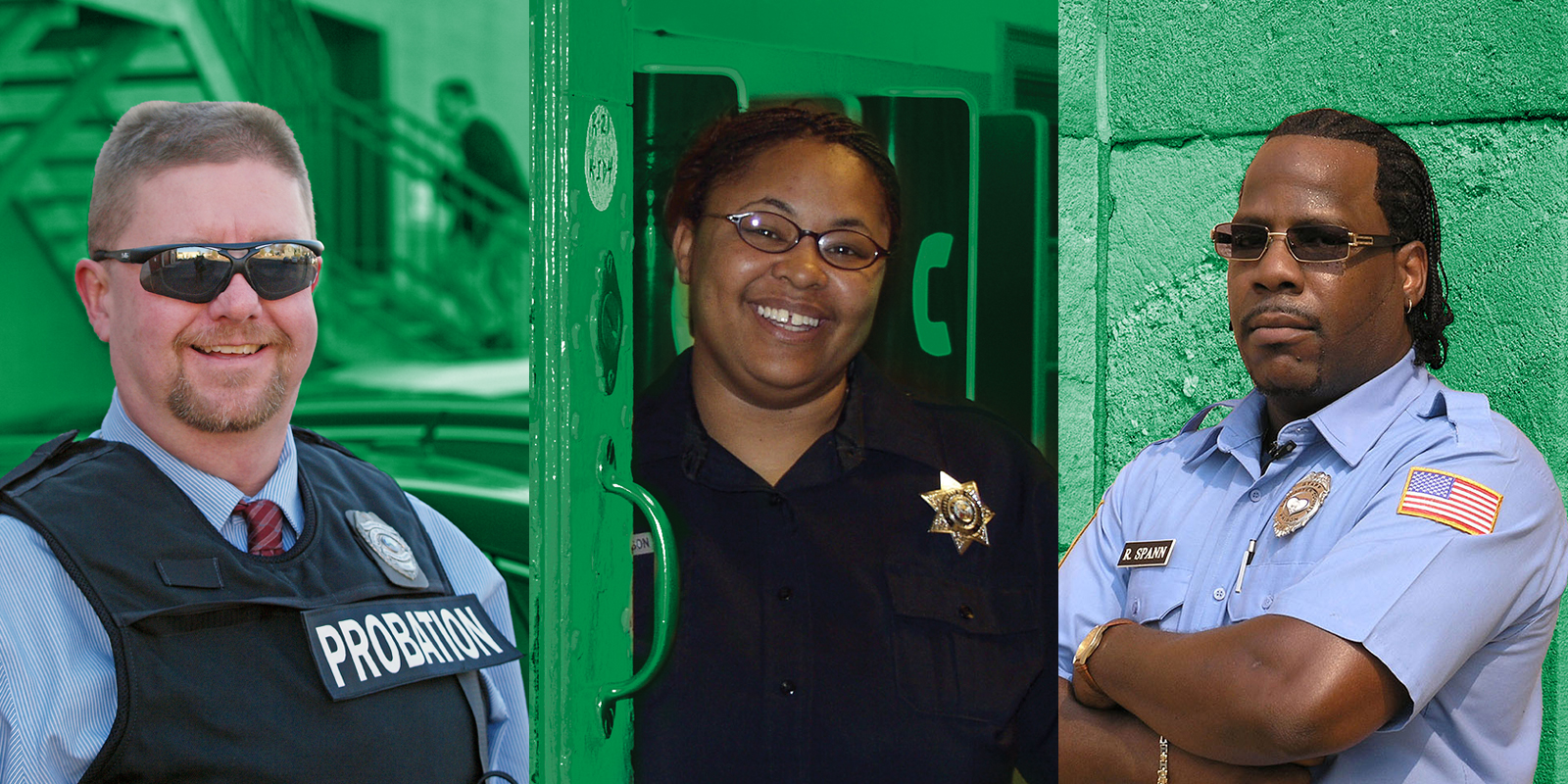
When Karen Myers first applied for a job in corrections more than 26 years ago, she had to wait two years to get hired.
“The line was unbelievably long,” she recalls. “Everyone wanted to work in corrections.”
Myers is a master sergeant at the B.B. Rayburn Correctional Center in Angie, Louisiana. She is also a member of AFSCME Council 17, Local 3686.
Today, a career in corrections is in much less demand.
“Now, in two days you can get hired,” Myers says. “Turnover is high. I can hardly keep up with the new faces.”
Like many correctional officers, Myers is proud of the job she does. And she is proud that she gets to serve her community. But for her, as well as the thousands of women and men who work in correctional institutions throughout the country, doing their jobs safely and effectively has become harder than ever.
Throughout the country, the women and men hired to keep us safe are underpaid, overworked, and their jobs are less safe. With few exceptions, such as Texas, raises for corrections staff are rare. Myers hasn’t gotten one in eight years. Safety, too, is an issue, with violence against prison workers a growing threat. (See recent coverage about prison violence here, here and here).
That’s why, Myers says, it’s more important than ever to be part of a strong union. A steward for her local, she says being part of a union is how prison staff improve communication with management and how they ensure that rules work for and not against them.
“When I started getting more and more into the union, I learned a lot that I didn’t know,” she says. “Since then, we as a union have been able to stand together on many occasions.”
This week is National Correctional Officers and Employees Week, when we honor correctional staff for their invaluable contributions to society. It was established in 1987 by President Ronald Reagan, who said of corrections staff, “No group of Americans has a more difficult or less publicly visible job than the brave men and women who work in our correctional facilities.”
Although they may work behind the scenes, correctional officers and employees never quit improving their communities. They serve the public with pride. We know this because AFSCME is the union of 85,000 correctional staff throughout the country, and we’re proud to call them our sisters and brothers.
At a time when correctional staff face growing challenges on the job, it’s more important than ever to stick together in a strong union. On National Correctional Officers and Employees Week, we recommit to doing just that.
